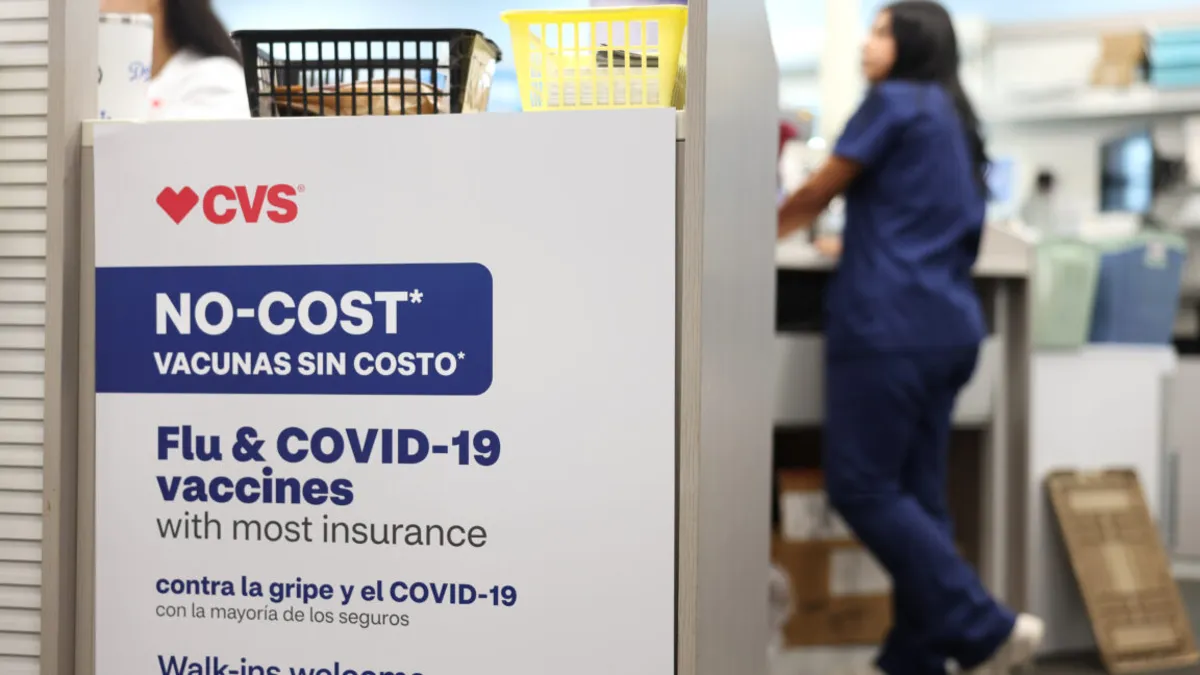
As the fall season approaches and COVID-19 cases see a slight uptick, many individuals are considering whether to receive this year's COVID-19 vaccine. Historically, these annually updated vaccines have been readily accessible to anyone aged 6 months and older, often available at no cost through local pharmacies. However, the landscape has significantly changed this year due to the influence of Robert F. Kennedy Jr., an outspoken anti-vaccine activist who now holds a key position in the country's health infrastructure.
Since assuming his role, Kennedy has actively worked to dismantle established vaccination protocols and restrict access to lifesaving vaccines, including the COVID-19 vaccine. His approach has included bypassing standard federal processes and failing to provide evidence-based rationale for these changes. In late May, Kennedy made the controversial decision to deny healthy children and pregnant individuals access to the COVID-19 vaccine, announcing this policy shift through a video on Elon Musk's X platform rather than through official federal channels.
Top officials at the Centers for Disease Control and Prevention (CDC) were blindsided by this announcement, learning about it from social media. Medical professionals, including those from the American Academy of Pediatrics (AAP) and the American College of Obstetricians and Gynecologists (ACOG), quickly condemned the decision, emphasizing that pregnant women and children under the age of two are particularly at risk for severe COVID-19 complications.
Despite the backlash from medical experts, the Food and Drug Administration (FDA) signaled its intention to modify vaccine labels to restrict access. The new guidelines target individuals 65 years and older and those with specific underlying health conditions that increase their risk for severe COVID-19. FDA officials, including Commissioner Martin Makary and top vaccine regulator Vinay Prasad, outlined these changes in a commentary published in the New England Journal of Medicine.
In a typical scenario without the influence of anti-vaccine activism, U.S. health agencies follow a rigorous and transparent protocol for vaccine approval and recommendations. This process begins with the FDA, where both internal scientists and external expert advisors evaluate data submitted by vaccine manufacturers. The FDA's advisory committee, known as the Vaccines and Related Biological Products Advisory Committee (VRBPAC), holds public meetings to review the data and make recommendations on potential approvals.
Following FDA approval, the CDC conducts a similar evaluation, examining epidemiological data to assess disease burden and population risk. The Advisory Committee on Immunization Practices (ACIP), composed of outside experts, provides nuanced guidance on vaccine administration, which the CDC Director typically adopts, updating federal immunization schedules accordingly.
Following Kennedy's announcement in late May, the CDC swiftly altered the federal immunization schedules, removing recommendations for COVID-19 vaccination during pregnancy. However, for healthy children aged 6 months to 17 years, the CDC allowed for vaccinations contingent upon shared decision-making with healthcare providers. Notably, ACIP was not involved in these modifications.
On August 27, the FDA implemented its plans to restrict access to the COVID-19 vaccines, limiting eligibility to individuals 65 and older and those with certain health conditions. The VRBPAC meeting that took place shortly after Kennedy's announcement did not address these proposed changes, focusing instead on unrelated topics.
The absence of updated ACIP recommendations for the 2025–2026 COVID-19 vaccines has resulted in a fragmented access system across the United States. Notably, 19 states have regulations tying pharmacists' ability to administer vaccines to ACIP recommendations. Consequently, pharmacies in these states may be unable to provide vaccines without a doctor's prescription, even for those who meet the FDA's criteria.
Reports indicate that major pharmacy chains like CVS and Walgreens are either not offering vaccines or requiring prescriptions in numerous states, complicating access for those who need it most. The National Alliance of State Pharmacy Associations (NASPA) and the American Pharmacists Association (APhA) provide a comprehensive overview of vaccination authority regulations across states.
In states where broader vaccination authority is allowed, individuals who meet the FDA's criteria should still be able to receive their COVID-19 vaccine at local pharmacies. For those under 65 with underlying health conditions, verification of eligibility may be required, with self-attestation being a common method used in similar scenarios.
Many healthy individuals, including children under age two and those living with vulnerable populations, may still wish to receive the COVID-19 vaccine. However, acquiring the vaccine may necessitate off-label administration by pharmacists or doctors, leading to potential liability concerns for pharmacists. While doctors can legally administer off-label vaccines without increased liability, patients may find it less convenient to arrange appointments and obtain these vaccines compared to the ease of visiting a pharmacy.
The current state of COVID-19 vaccine access is complex and heavily influenced by recent changes in federal policy. Individuals seeking vaccination should stay informed about the evolving guidelines and consult healthcare providers to understand their options. As the situation continues to develop, it is crucial for the public to advocate for equitable access to vaccines to ensure the well-being of all.